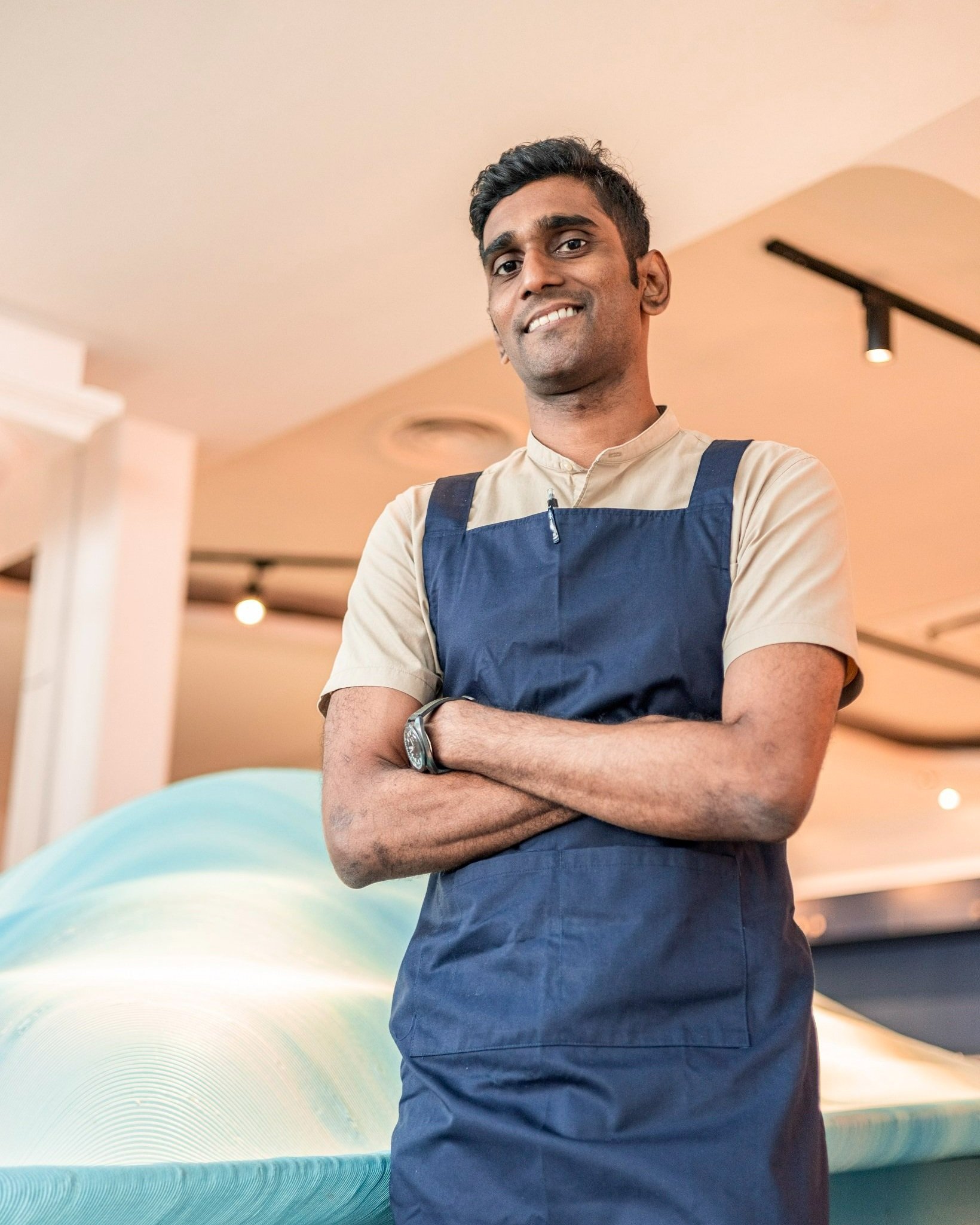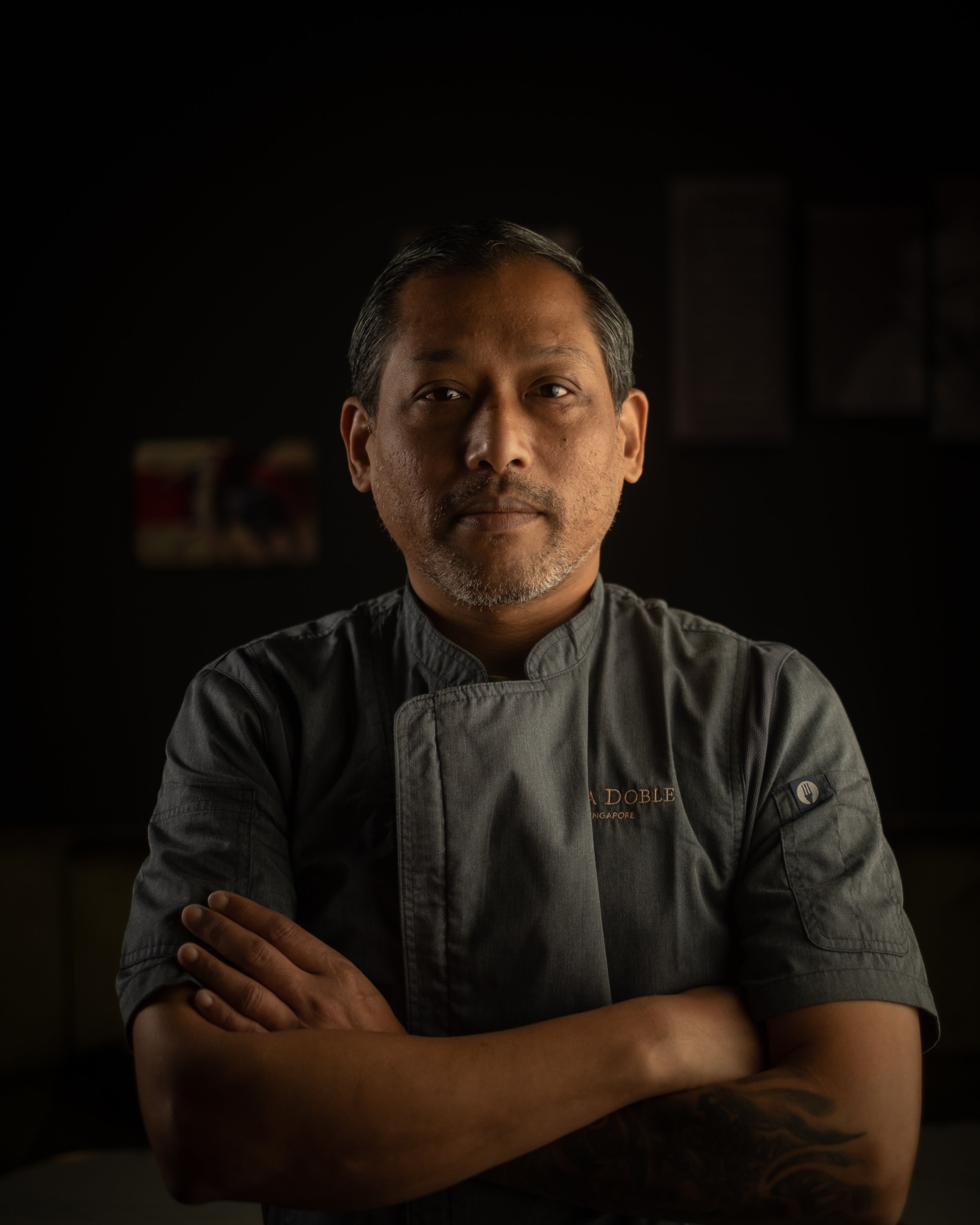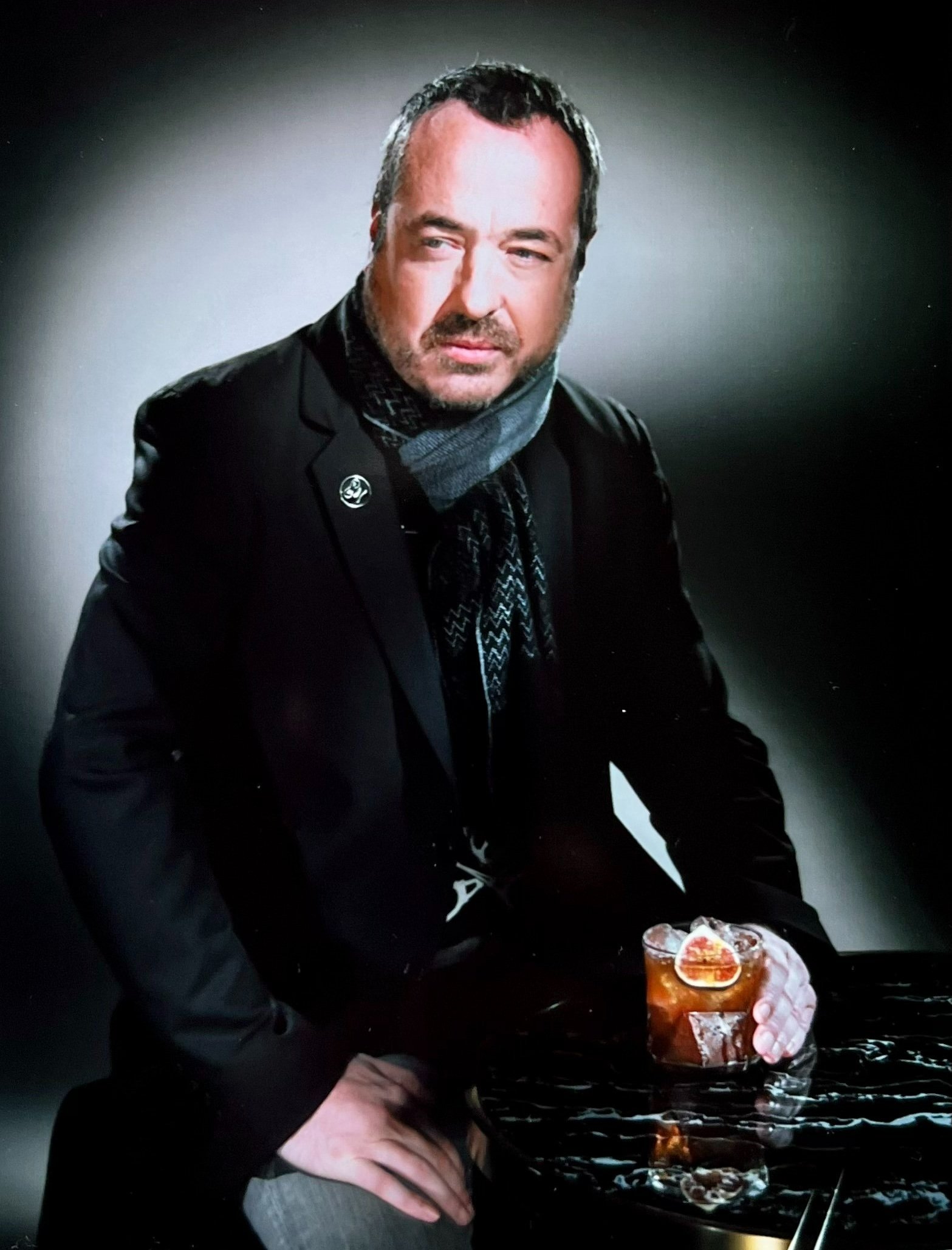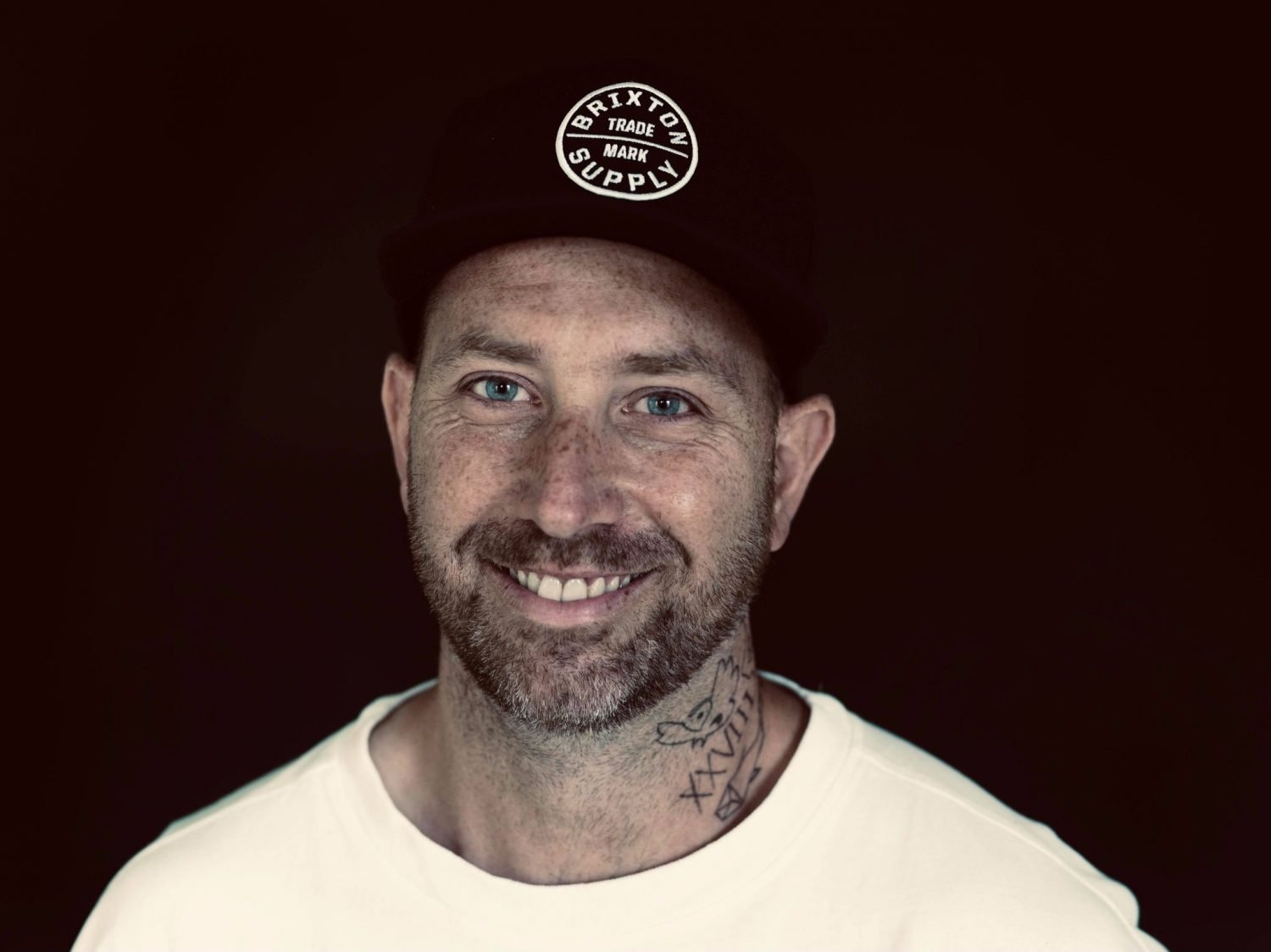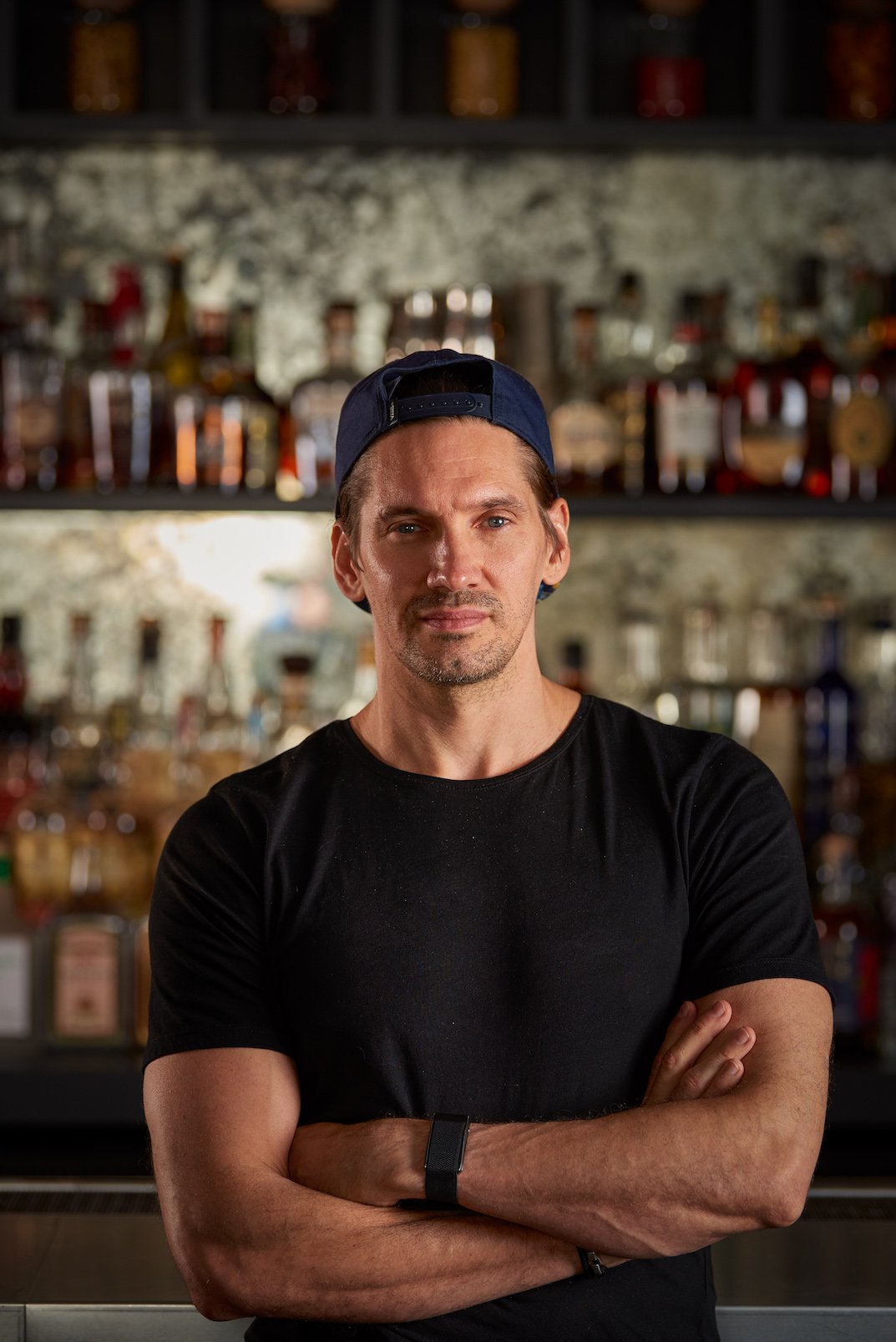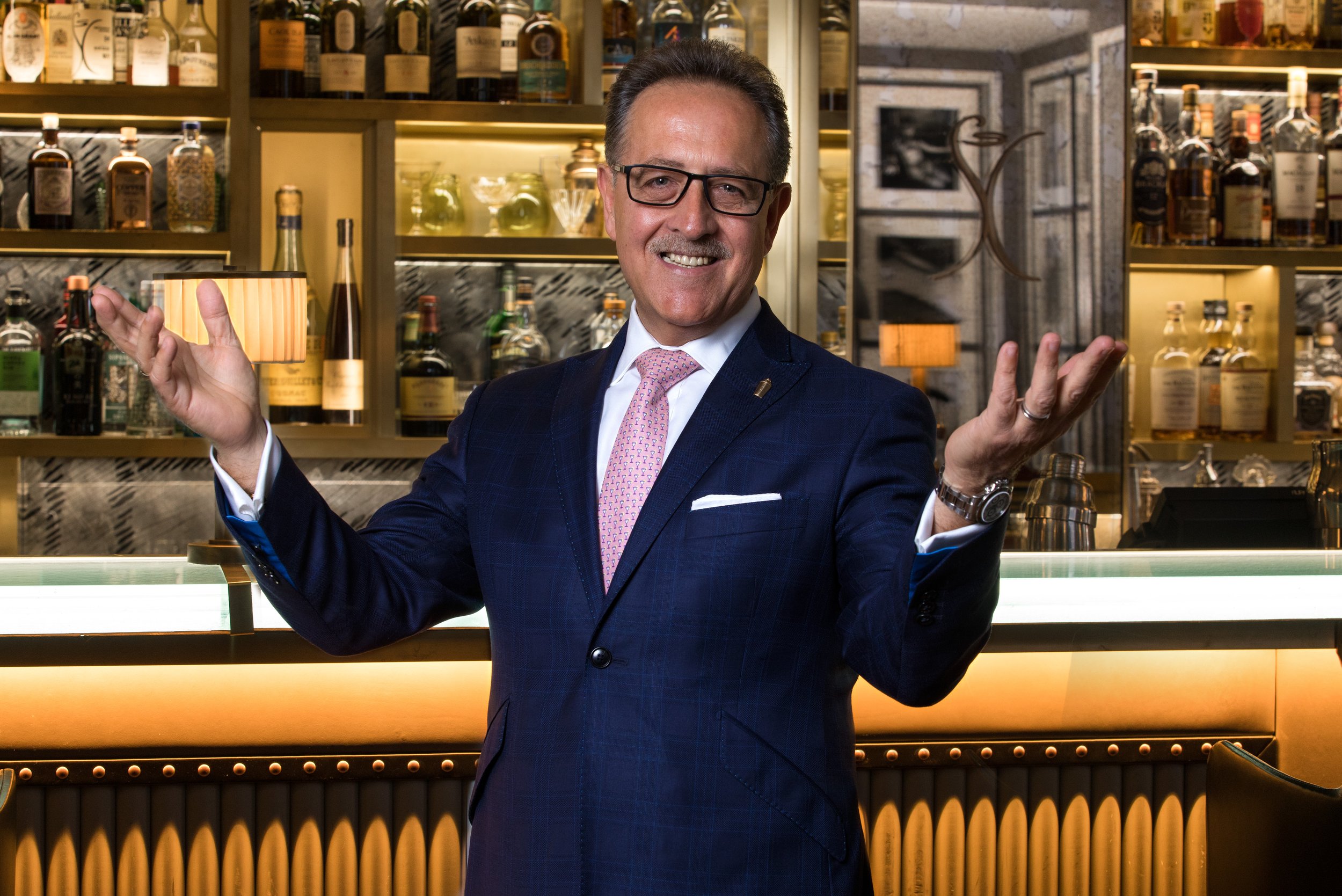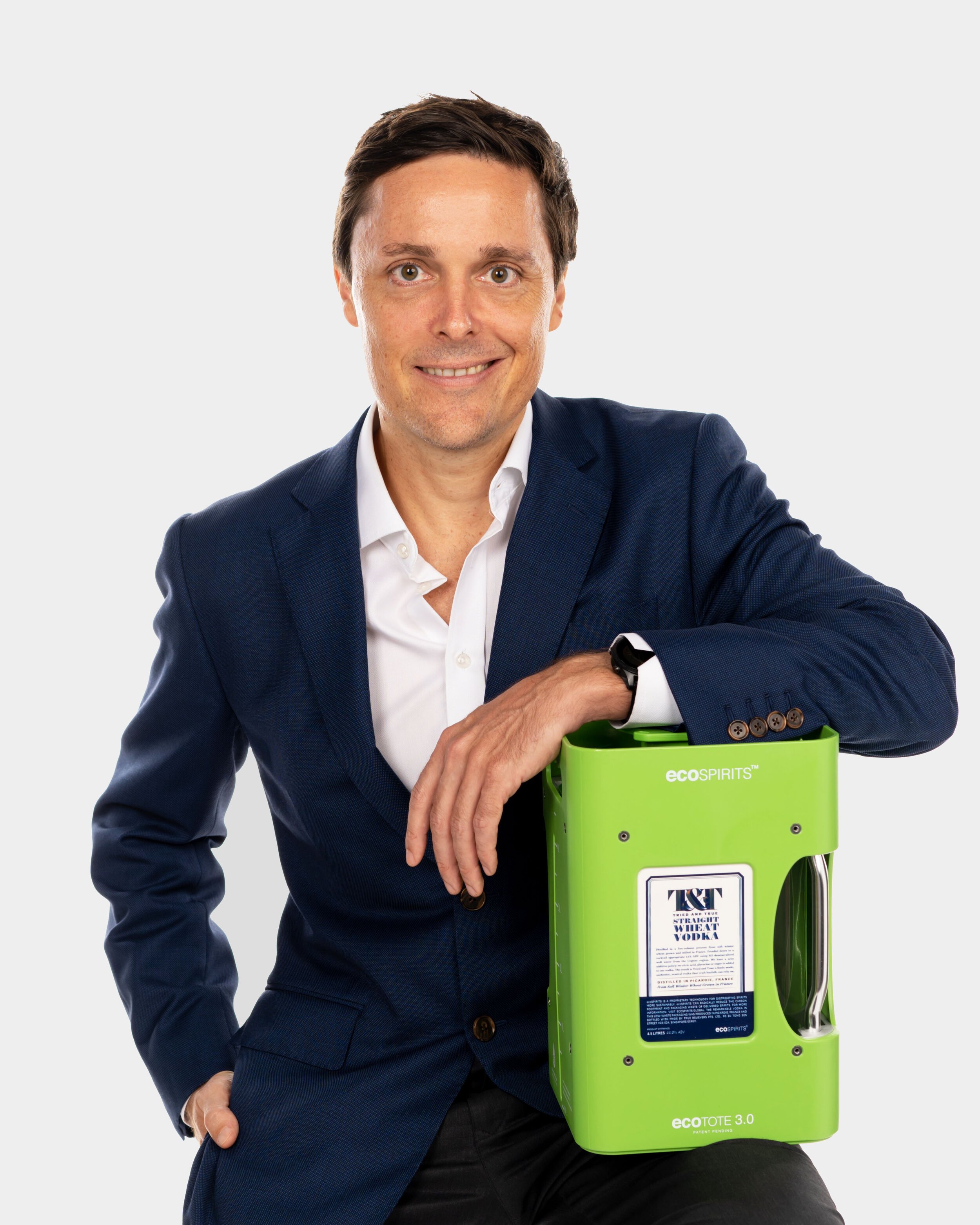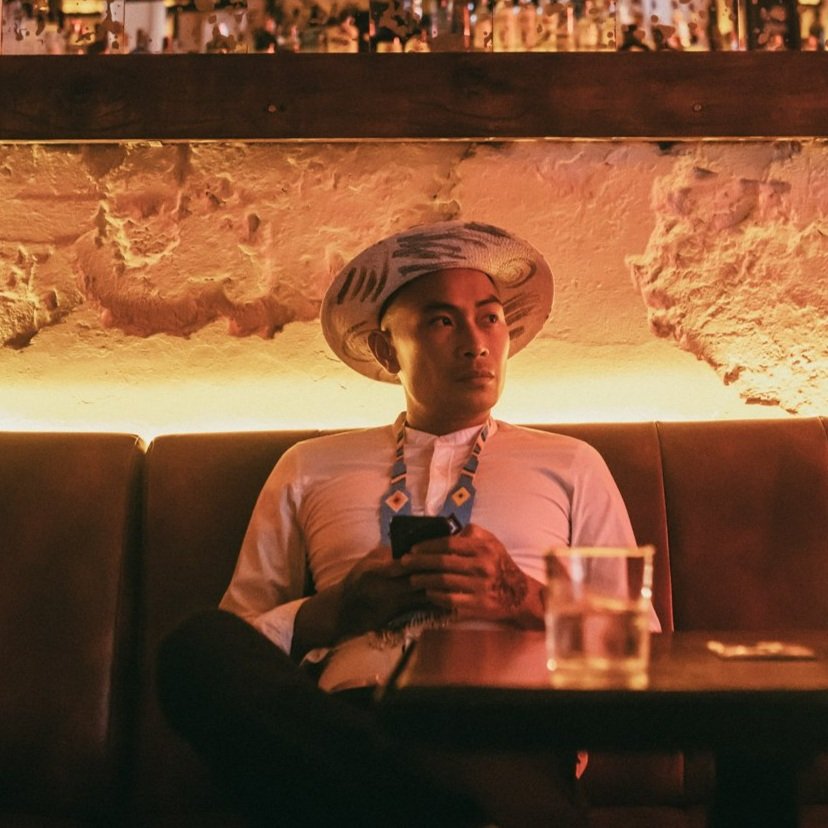International bar trends
With international travel opening up, bartenders have the opportunity to once again meet face to face with their peers, to exchange ideas through master classes, guest shifts and international bar shows. From May 8 to 10, the first edition of Mixology Experience was held in the 10 000 square meter Superstudio Maxi in Milano. Thousands of participants from consumers to industry, from both local and international communities attended Mixology Experience. It was a chance to meet friends both old and new, but also to gain insight from international experts on the current trends in a bartending world that has seen drastic changes over the past three years. Bargionale had the opportunity to discuss current trends with Anthony Poncier (Paris), Nico de Soto (Paris, NY), Matt Whiley (Sydney), Salvatore Calabrese (London), Jean Trinh (Cartagena), Andrew Yap (Singapore), and Paul Gabie (London).
Although bars are still reeling from two years of lost revenues and the difficulty in finding motivated staff, they are devoting increasingly important budgets to marketing. Paris-based Anthony Poncier of Le Cocktail Connoisseur and Top 500 Bars says “Social media makes all the difference to get your bar noticed in this challenging time to draw in customers.” Poncier also noted that bars chasing international accolades are going a step further with bespoke influencer and journalist events designed to make an even greater impact in digital and traditional media.
Nico de Soto, perhaps the most travelled bartender in the world, found that the most important trends that he has seen during his world travels are local, plant-based and sustainable concepts. One such bar that has put a major focus on local is Little Red Door of Paris. Continuing on the success of their Grounded menu, which was nominated as Los Siete Misterios Best Cocktail Menu for World’s 50 Best Bars, is the next iteration called Flourish, which places the local producer at the center of their guest experience, converting directly sourced produce into liquid products that form the core of each cocktail. Collaborating with a network of French producers, Little Red Door’s Farm to Glass model for menu creation features 10 signature cocktails centred on one item of French produce such as Nyons Olives, Alsacien Hops, and Grenoble Walnuts.
Thanks to two hot new openings in Singapore, the bartending world has begun to talk about plant focused food and drinks. Vjiay Mudaliar on Native Bar Singapore recently opened an entirely new bar concept called Analogue in fall 2021. Building upon Native’s focus on foraging and regional ingredients, Analogue takes things a step further with a fully plant-based menu for food and drinks. The idea for Analogue has been crystallizing in Vijay’s mind for several years, who has long been frustrated with the hospitality industry’s dependence on over-farmed foods like beef, pork, milk, cheese and eggs. A twenty minute walk away is Mallow, an innovative plant-focused restaurant bar concept opened in March 2022 in the Hotel InterContinental Robertson Quay Singapore by partners Christina Rasmussen and Sasha Wijidessa. Rasmussen, the former head forager at Noma Copenhagen and Wijidessa, ex head bartender at Operation Dagger Singapore and current Asia Brand Manager of Empirical, have developed a delicious plant-focused menu of food and cocktails, with a minimalist approach that they hope will inspire guests to live more consciously.
In the midst of the pandemic, Alquímico’s Jean Trinh made a drastic move to help his team but also support sustainability in Colombia. He came up with the idea “From The Bar To The Farm”, moving half of his staff members (24 people) from his bar from Cartagena to a farm located in Filandia, in the middle of the coffee axis, 935 km away from Cartagena. During their time on the farm, the staff of Alquímico built their new home, and learned skills such as machinery, electricity an carpentry. Alquímico also built an R&D center, where the fresh crops are harnessed to produce syrups, distillations, tinctures, coffee, fermented drinks, honey and infusions used in Alquímico.
Another leading proponent of sustainable bar practices is Re in Sydney, where founder Matt Whiley built the bar entirely from recycled materials. At Re, Whiley uses surplus food and vegetables from the markets and unused produce from local businesses that would have been otherwise been thrown out. But that is not to say that it’s only about saving the planet. Matt emphasizes that “we measure the success by not putting things in the bin, but also making more money”.
Salvatore Calabrese of Donovan Bar London emphasizes that many people throw the sustainability buzz word around, but sometimes only for show. Calabrese argues that sustainability must be practiced in an honest way, and also the costs have to make sense to run a profitable bar able to justly compensate its employees. Nico de Soto agrees “It’s very hard to be super sustainable with 5 rotovaps running full power all day. Every effort counts and I’ve noticed less reliance on citrus, more use of acids (citric, lactic, tartaric, etc). However, one needs to be careful in balancing cocktails with artificial acids and avoid the feeling that you’re drinking a pack of fizzy Haribos.”
Andrew Yap of Papa Doble in Singapore believes that more than talking about sustainability, we should be thinking about “Social Responsibility”. Yap says “I feel it’s our obligation to support small suppliers and also ensure our staff is trained on every possible way to avoid harming the environment. At Papa Doble we use our fruits not only to make juices but also purees and hydrosols and any waste is composted. Plastic from deliveries is being used a trash bags in order to save money but also to avoid buying new ones. Another example is that our carton boxes are being given away to elderly collectors for them to earn some extra income. All of these small details can have an effect of a chain reaction that can bring about positive change for a better world and future for everyone.”
Distributors and distillers are also striving to achieve more sustainable practices. Founded in 2018, ecoSPIRITS has developed the world's first low carbon, low waste packaging technologies for the beverage industry, allowing spirits and wines to be transported in bulk to local markets, where they are processed into reusable 4.5L ecoTOTE containers for delivery to bars and restaurants. Once in the venue, spirits and wines are transferred from the ecoTOTE to serving format of choice. Once empty, ecoTOTEs are returned to a centralized facility, where they are sanitized, refilled and sealed. The ecoSPIRITS system therefore fully replaces the traditional single use glass bottle and the company estimates a 60-90% reduction in the carbon emission footprint with their packaging and distribution innovations. In developing their closed-loops system, ecoSPIRITS were actually inspired by age-old sustainable practices. ecoSPIRITS founder Paul Gabie says “Large format, reusable containers for spirits were the standard before we deviated to single use containers because of the benefits of industrialisation – if we didn’t take that 100-year detour into single use items, it goes without saying we’d be much better off as a planet today.”

